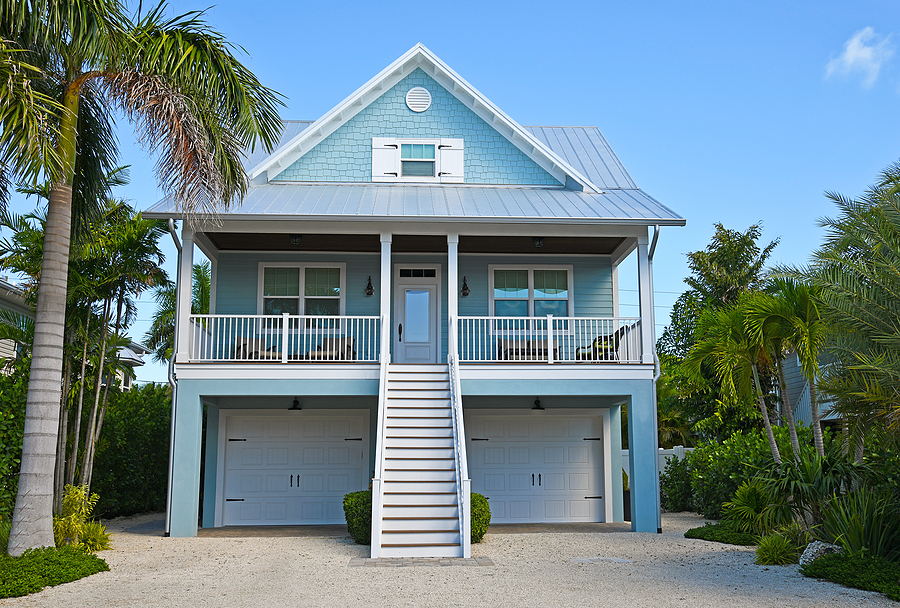January 14, 2022
Real estate is one of the wisest assets someone can invest in. One big advantage real estate investment has over other industries is that the value of a property does not tend to fluctuate much from day to day. This is one main reason many investors choose real estate as their primary source of investment. Of all the various real estate options available; commercial, land, and residential properties are the 3 primary types of investment available if you’re ready to give real estate a try. Commercial properties specifically in most markets are in constant demand. Investing in commercial properties will likely increase your ROI overall.
Commercial real estate values are growing rapidly in many major markets. These are the primary properties that are home to a wide range of office spaces, retail stores, and countless different businesses. Any non-residential real estate that is not used for business operations is known as commercial real estate. Investing in commercial real estate is one of the smartest ways to expand your financial portfolio. Below we will look at a few of the top benefits of investing in commercial real estate specifically.
Positive Cash Flow
Compared to the many investment options out there such as the stock market, company shares, and cryptocurrency, the ROI from commercial real estate investment is generally higher. The generated ROI for commercial properties also tends to perform better than simply purchasing bonds. The stability of investing in commercial real estate makes for a healthier environment even if real estate markets temporarily become more volatile.
Build Equity
Equity is commonly described as the difference in value from what a property is currently worth versus how much money is still owed on the investment. When investing in commercial real estate, it is not uncommon to build equity in a much smaller time frame than other investment strategies allowing for more flexibility to leverage the earned returns as your investment in commercial real estate appreciates.
Investment Security
With commercial real estate, both the structure and land the land the property sits on can have significant value. This is one main reason why commercial real estate can be such a valuable asset. If you are able to invest in commercial real estate in the right location, you can often times avoid a negative income stream even during off-seasons or economic down turns. This is a very positive advantage if you have an investment portfolio with several different types of investments and want to help insure that the performance of said portfolio doesn’t take a hit overall. For these reasons and many others, commercial real estate has become the primary source of resource allocation for many successful real estate investors.
Leverage
The reality is that most of the time, even the savviest investors are not able to purchase a new real estate investment with cash alone and most utilize a mortgage or seek funding through the use of a hard money loan in order to secure their investment. This ability to acquire a new asset without paying for all of it up front is the leverage many investors require in order to grow substantial wealth over time. This is one reason so many investors have been able to build wealth by utilizing a loan from a bank or other 3rd party lender service. Commercial real estate can be a secure way to ensure you can repay the loan in a timely manner while building a higher ROI with an asset you will one day potentially own.
Above are just a few of the top ways investing in commercial real estate can be a significant financial benefit to your long-term investment portfolio. As with any investment it is important to do your research and make sure you understand the terms of any investment or loan you need to take before the deal is finalized. Hopefully the above guide will assist you in learning more about the advantages of investing in commercial real estate.











